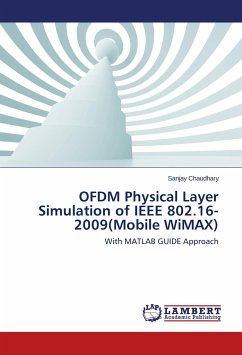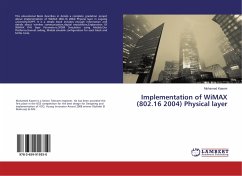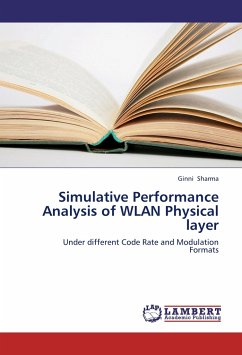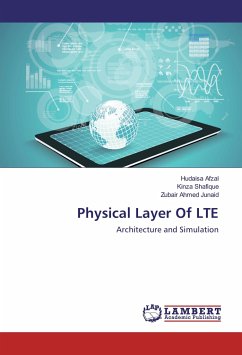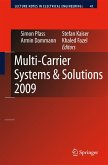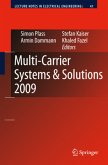With the development in internet applications and multimedia technology, users are accustomed to high-speed broadband at home and work and demand similar services even in nomadic or mobile environment. Mobile WiMAX provides broadband wireless access with mobility, large coverage and security. WiMAX physical layer is based on Orthogonal Frequency Division Multiplexing which mitigates multipath and eliminate intersymbol interference with the help of cyclic prefix. Scalable OFDMA on its physical layer allows data rate to scale with available channel bandwidth. WiMAX supports a number of modulation (BPSK, QPSK, 16-QAM & 64-QAM) and forward error correction coding scheme and can operate in both line of sight and non-line of sight environments. In this book, the performance of physical layer of mobile WiMAX is evaluated at different modulation schemes, coding rate, FEC coding schemes and noise levels with models of multipath fading channel based on the specification of IEEE Std. 802.16-2009. Scatter plots and SNR vs BER plot are obtained as performance analyzer. GUI tool is developed in MATLAB for simulation which can be useful for research scholar to simulate physical layer of WiMAX
Bitte wählen Sie Ihr Anliegen aus.
Rechnungen
Retourenschein anfordern
Bestellstatus
Storno

